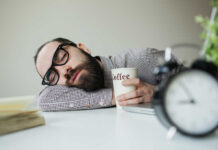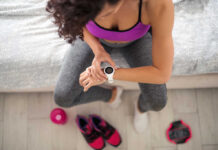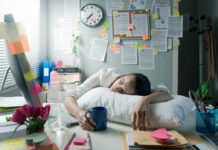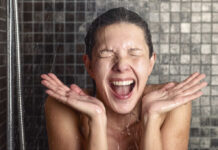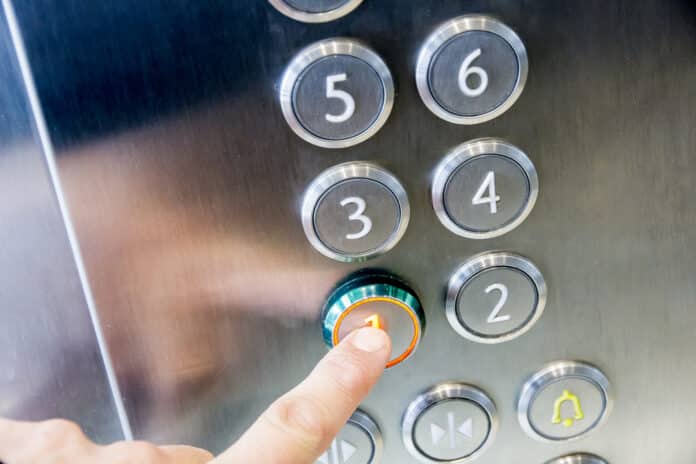
The past few years have shown us all how easy it is for contagious germs to spread in public places.
The threat of contagious germs in our shared spaces is not a new concept. But the recent COVID-19 pandemic has highlighted just how crucial it is to stay vigilant about potential germy hotspots and minimize the risks of getting sick and spreading illnesses to others.
Here are 7 of the germiest public places to look out for:
Elevator Buttons
Any frequently touched objects in a public place are going to be covered in germs. This is especially true for things like elevator buttons that may not be wiped down and cleaned regularly.
To reduce your risk of getting sick, you can use a glove or pen to press the buttons.
ATM Keypads
ATM keypads are another commonly touched place that don’t tend to get cleaned very often.
If you have sanitation wipes, it will also help to use them on your hands and on the keypad before and after use.
Additionally, cash banknotes have been found to harbor infectious flu viruses for several days—up to 17 days, in some cases.
Wearing gloves may help to reduce the risk of catching or spreading viruses. Also, wash your hands frequently and avoid touching your face if you have recently touched any money.
Shopping Carts
Shopping carts are incredibly useful for helping us carry our groceries around. Unfortunately, they also create possibilities for cross-contamination and food poisoning.
Grocery carts are often used by many people one after another, and are not cleaned frequently, making them a prime spot for viruses and bacteria to accumulate.
Use sanitizer wipes on the handle of the cart before and after using it, or use your own disposable gloves. You should also clean any areas where food may touch, and make sure all your groceries are stored in fully sealed containers.
Public Restrooms
Public restrooms are an obvious breeding ground for viruses and bacteria. From the toilet seats to the faucets and door handles, almost every surface in a public restroom can be contaminated with potentially dangerous germs.
After using the restroom, wash your hands thoroughly with soap and water for at least 30 seconds.
Public Transportation
Buses, trains, subways, airplanes, and taxis, can be incredibly germy. People from all walks of life come in close contact with each other on public transportation, making it a prime place for germs to spread.
The seats, grab rails, tray tables, and window or door handles get touched frequently, increasing the risk of spreading germs. Wearing a mask, washing your hands frequently, and using hand sanitizer before and after using public transportation can help reduce the risk of catching or spreading germs.
Gym equipment
Public gyms are great places for getting a workout in, but the shared equipment can be covered in germs and bacteria, especially if it is not properly sanitized between users. Sweat and body oils can provide an ideal environment for germs to grow, especially on things like exercise machines, weights, and mats.
Before using shared equipment, it’s best to use sanitizer wipes to clean the surface, and wipe it down again afterward, even if it doesn’t look obviously sweaty.
Hotel Rooms
Hotel rooms may seem like a safe haven, but the fact is that they can be one of the germiest places you’ll encounter.
While most cleaning and housekeeping staff work very hard to keep everything as clean as possible, there may be some areas that get overlooked, neglected, or not sanitized properly, such as remote control buttons, light switches, and bedspreads.
Using sanitizer wipes on frequently touched surfaces and washing your hands frequently can help reduce the risk of getting sick from germs in a hotel room.
It may seem excessive or unnecessary to constantly wipe down surfaces and use hand sanitizer, but it is an important step in preventing the spread of germs and protecting our health in public places. Taking these simple precautions can greatly reduce the risk of getting sick and help keep everyone safer. In the end, it’s better to be safe than sorry, and a few extra seconds to clean a surface can make all the difference.



